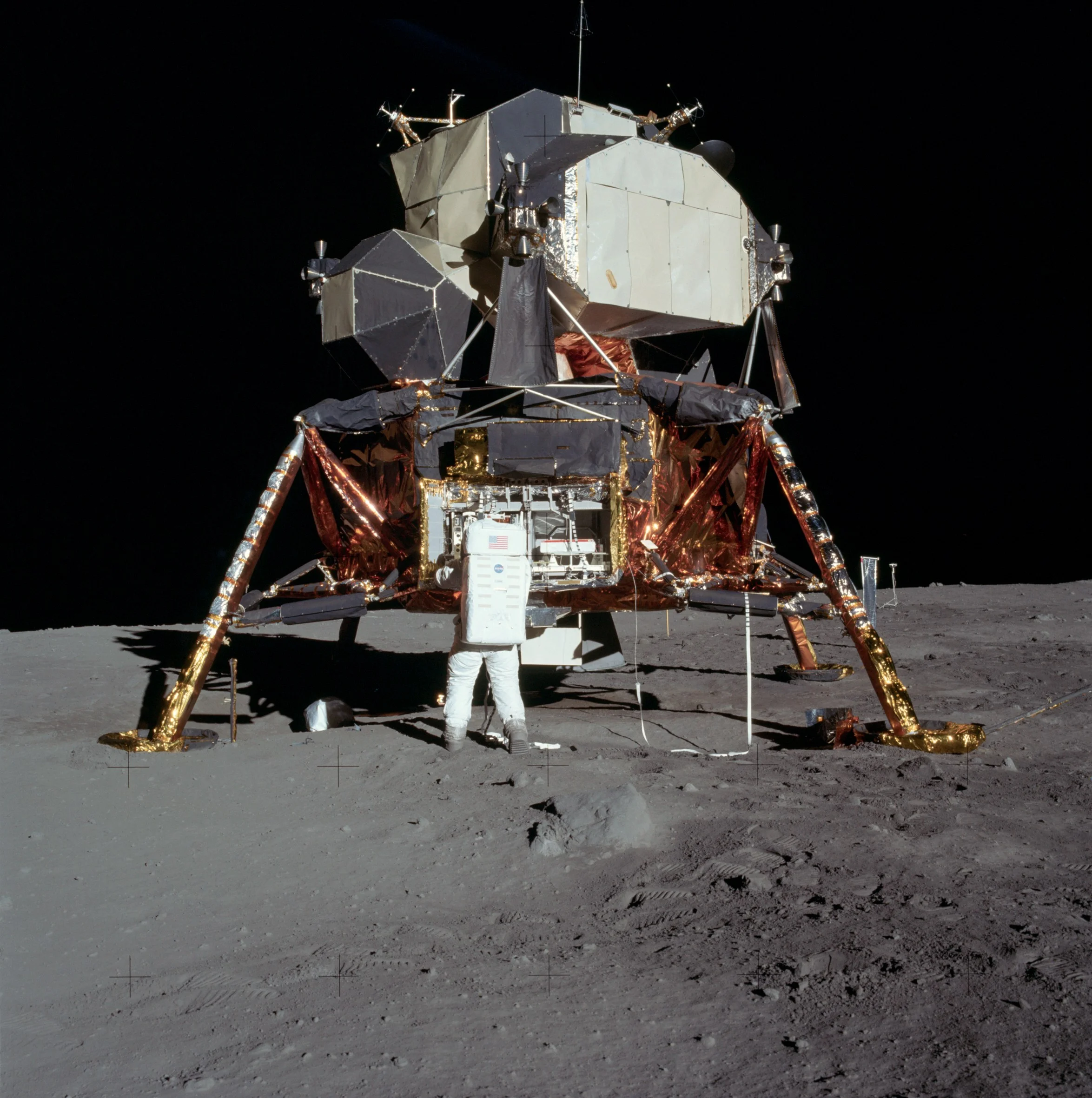The Jefferson Watch

Do you believe in the idea of the soul mate, that there is someone out there somewhere who represents a perfect fit for your own cluster of values, principles, habits, perspectives, and desires? That idea goes all the way back to Plato’s Symposium, written around 380 BCE.
I know that Fidel Castro was no saint, but the revolution he undertook—against almost impossible odds—was both right and righteous.
How the American people have been drugged into thinking all of this is natural and okay is perhaps the greatest achievement in the history of population management.
This is the Thomas Jefferson Hour. Why are we talking about Theodore Roosevelt today?
My pessimism and fear come from the fact that nobody in the Republican Party condemned President Trump’s actions. No Republican said that Mr. Trump’s attempt to pressure Ukraine into announcing an investigation of his chief political rival in the 2020 election was wrong, a violation of public trust, an offense against fair play, and an assault on our system of elections.
What do you do when Republicans refuse to take seriously what they would find absolutely appalling and outrageous, criminal and treasonous, disgusting and constitution-threatening if it were done by a liberal Democrat? We all know that if the situation were reversed and Barack Obama had reached out to Pakistan to demand that they pretend to investigate Jeb Bush or Donald Trump that the Republicans would be having what we used to call a conniption fit, and we’d be in a constitutional crisis at least as severe as this one.
Here’s where Beccaria comes in. The punishment should not constitute the civilization’s revenge on the malefactor.
During the House Judiciary Committee’s impeachment hearings last week, I was surprised to hear several constitutional law scholars cite Dr. Johnson’s Dictionary for definitions of treason, misdemeanors, bribery, etc. They were referring to Samuel Johnson’s 1755 Dictionary of the English language. It is not altogether uncommon to hear the name Dr. Johnson—usually in reference to some bon mot he delivered in the course of his life—but it is rare to hear anyone invoke his famous dictionary, the first great dictionary of English.
Don’t let the chaos and madness of the national political crisis get in the way of your pursuit of happiness and enlightenment in 2020.
Here’s why I love what I get to do. The national impeachment crisis over the presidential behavior of Donald Trump has turned us all back to our history books. I have, but have not yet read, several of the recently published books on impeachment, one with chapters by Peter Baker of the New York Times and Jon Meacham, America’s latest favorite presidential historian.
We must never stop reading and expanding and raising our consciousness. It was Benjamin Franklin’s final act of moral courage, when he was operating on a very thin fund of vitality, that made me turn my attention back to Jefferson, searching for parallels, and what I saw was complacency and self-interest, not moral courage.
I bought a used pickup over the summer and a modest, used Steinbeck-like truck camper. Rocinante. I intended to winterize it over the weekend, then a blizzard appeared out of nowhere. By mid-afternoon, I would have sold that rig for ten cents on the dollar. I don’t deserve to pretend to be Thomas Jefferson.
If you want to understand Jefferson you have to try to make sense of a moment like this in 1784, when he denounces slavery more firmly than at any previous time, and fights to keep it out of the American West, and then blithely takes a slave with him to Europe to attend to his every need.
The words constitutional crisis are thrown about too often, but I must tell you we are in one now. The Trump White House has said it will not comply with the House of Representatives impeachment investigation. What if the Senate removes the last guardrail—legal eviction—and the President realizes that there is no further check on his behavior?
People are always telling me they want to write a book, that they just need to sit down and write it out. All I can say to that is, godspeed.
Over the past few days I have had the wonderful guilty pleasure of sitting down to read Robinson Crusoe cover to cover. I know I should have been doing other things, some of them pressing, but I just sat there and read this famous and fabulous account of a man who is shipwrecked on a small island off of Venezuela and spends 28 years there, 26 alone with a parrot and some semi-domesticated flocks of goats.
The extension of the Lewis and Clark Trail from St. Louis all the way to Pittsburgh is an invitation for all of us to reboot our understanding of the Lewis and Clark Expedition. The late Stephen Ambrose deserves credit for giving ample space to the Ohio River portion of the transcontinental journey in Undaunted Courage and for penning a sentence that has been much reproduced in Lewis and Clark literature, especially by those who wish to bring greater prominence to the Eastern Legacy: “When they shook hands, the Lewis and Clark Expedition began.”
My core conviction is that the American people are less divided than they seem. That the American people are hungry for something more authentic in the national arena. That people are more reasonable and open-minded than they seem.
Civilized nations enact reasonable laws to prevent create a more perfect union, encourage domestic tranquility, secure the lives and fortune of their citizens, and prevent mayhem.
Drifting down the river in the afternoon, gazing up at the blue blue sky, slipping past golden eagles as if they were sparrows or wrens, examining the famous White Cliffs that Lewis said had the feeling of “scenes of visionary enchantment,” and at times just pulling the paddles into the canoe to feel the gentle but inexorable tug of the continent, this too is paradise on earth.
Where does it end? I call this the de-Stalinization of America. If we are going to topple the statues of everyone who was complicit in slavery, that’s all the Founding Fathers, but especially Patrick Henry, George Washington, James Madison, James Monroe, John Marshall, and of course the individual who wrote “all men are created equal.”
I thank God that I was alive when it happened. It was surely the greatest human achievement in my lifetime, one of the handful of greatest moments since we crawled out of the sea and found a way to stand upright.
There is no greater freedom than being somewhere in the American West with nowhere you have to be, ambling in search of the perfect platonic campsite, living on little, and just giving yourself to all that astonishing open public land.
Stay tuned, my friends. If you never hear from me again, it’s because D.B. Cooper and I have disappeared into the vast wilderness of America or joined a peyote cult in New Mexico.
I know this program is about the third president Thomas Jefferson, but today I want to take a moment to lament the passing of one of the finest scholar-biographers of our time Edmund Morris. The great biographer of Ronald Reagan and Theodore Roosevelt died on May 24. He was 78 years old.
Some of the things Jefferson did were not designed to make a statement about democracy or self-government. In some respects, Jefferson was just weird.
I’m trying to imagine a dinner party hosted by Thomas Jefferson. Perfect food, cooked in the Avant Garde French fashion, and a flight of fine wines. And Jefferson presiding, a man of perfect manners who seems to have no discernible ego.






















